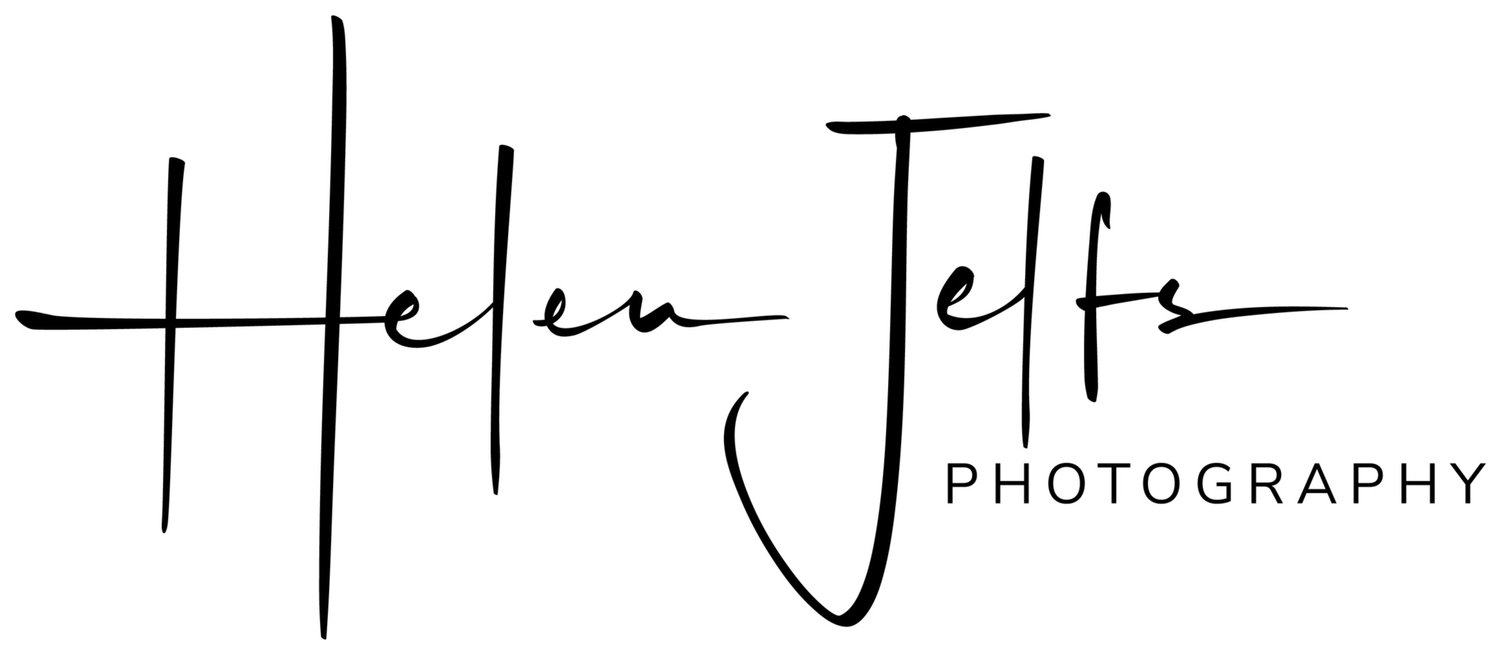If the olive trees knew
NOUR JAOUDA If the olive trees knew 2023
Nour Jaounda’s ‘If the olive trees knew’ is currently displayed at Hauser and Wirth, Bruton Somerset. This small concrete piece is exhibited alongside examples of the work for which she is best known, multi-layered dyed textile works. I am posting this piece here because it relates to a photo book which was recently reviewed in the British Journal of Photography. Adam Broomberg’s and Rafael Gonzalez’s Anchor in the Landscape is collection of portraits of olive trees in the Occupied Territories of Palestine where they are keepers of Palestinian memory, heritage, and trauma. Quoting from the review:
The olive tree is a sacred species, and for many Arabs and Jews it is a source of livelihood as well as a non-human ancestor. But nowhere are the ties to land more troubled, tense and tried than in Palestine. Shot in black-and-white, their portraits of olive trees in Palestine are displayed in the book alongside their physical coordinates, placing them in a very real locality, rather than as an abstraction or a figurative, romanticised notion of connection to land. Though the olive trees are relatively small, here they are depicted as majestic, almost larger than life, and seemingly speaking of a wisdom and timelessness that even outdates this political and social conflict.
As a result of settler violence against Palestinian farmers and harvesters, the act of picking olives has become a dangerous endeavour, speaking to a wider, sinister reality of forced displacement; the missiles of war also colour even innocent landscapes as violent and traumatic places. Olive trees support the livelihoods of more than 100,000 Palestinian families, but since 1967, 800,000 Palestinian olive trees have been destroyed by Israeli authorities and settlers. Suddenly, the olive grove becomes a site for much more than harvesting; grief, confusion and the need for regrowth become intertwined, at the roots.


